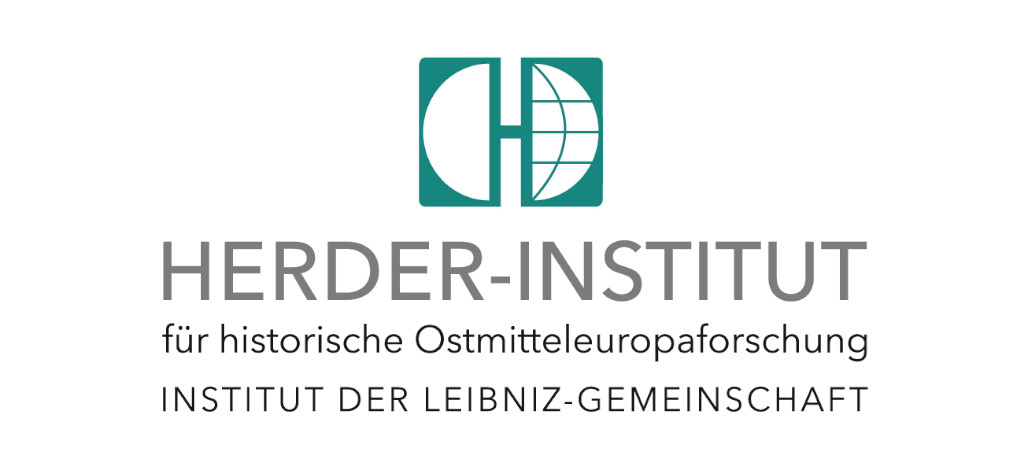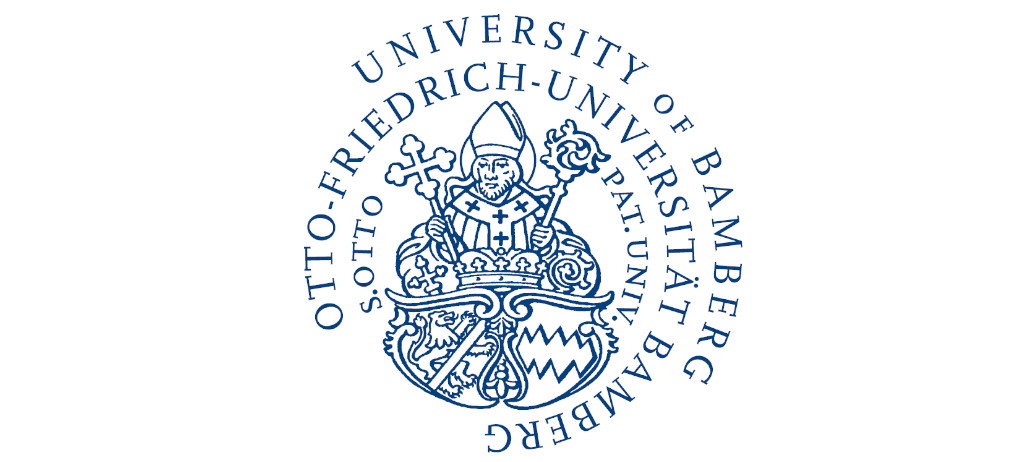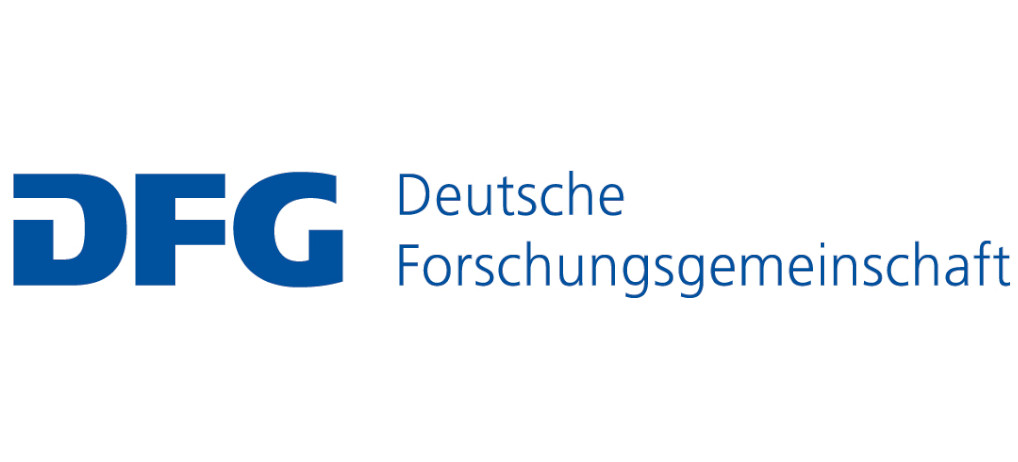Hauptinhalt
Peace, Conflict and Security in times of existential crises. Critical, interdisciplinary, and public engagements.
International Conference co-organized by the Collaborative Research Center Transregional 138 “Dynamics of Security” and the Anthropology of Peace, Conflict, and Security (APeCS) network of the European Association of Social Anthropologists (EASA)
Veranstaltungsdaten
21. März 2024 – 22. März 2024
Termin herunterladen (.ics)
Philipps-Universität Marburg
Conference theme
We seem to be living in a time of crises that overlap and exacerbate each other, steering the world toward the brink of destruction. Multiplying armed conflicts, the consequences of climate change and fears of nuclear destruction, the rise of far-right ideologies and governments, economic turmoil, all these are vividly debated and give rise to a broadly shared sense that ours is an age of existential crisis. But contemporary situations of turmoil have long been on the make, and existential crises have been ongoing in many regions of the world. Thus, there is a historicity to current developments that is easy to overlook, and there are experiential registers that do not always find their way into dominant depictions of existential crisis.
The aim of our conference is threefold.
First, we aim at deconstructing dominant narratives of existential crisis by showing the historicity of today’s crises and their perceptions, and the ways in which multiple overlapping and sometimes contradictory processes have led to the current state of turmoil in the world. What do historically informed accounts of today’s environmental, social, political, and economic destruction tell us about the structural conditions that have led to crisis in different contexts, as well as about various forms of agency that have emerged as influential in the process? What does a comparison of articulations of crisis from the ‘Global North’ and the ‘Global South’ reveal about how processes and perceptions of turmoil differ in different contexts? Which theoretical frameworks allow best for maximally inclusive epistemologies, crucially including decolonial perspectives, that afford a complex and nuanced understanding of the current world in turmoil? How do different dimensions such as the law, authority and power, and knowledge articulate in processes that both shape and name crises as such?
Second, we aim at strengthening interdisciplinary understandings of existential crisis that are grounded in solid empirical and historical examinations. How can different disciplines enrich each other’s conceptual apparatuses, methodological toolboxes, and theoretical articulations through a collective exchange that highlights potentialities for interdisciplinary collaboration? What can emerge from the combination of anthropology’s attentive eye to lived experiences and methodological preference for long-term ethnographic engagement with the conceptual malleability of critical security studies, the interdisciplinary richness of peace and conflict studies, and the historicization of perceptions of and responses to existential crises?
Third, we aim at enhancing the academy’s possibilities of engaging critically with the broader public regarding the articulation of responses to burning issues that occupy the public space of debate in our times of crises. What can empirically informed examples of collective action in the face of multiple crises tell us about other ways of being in the world that could offer (at least partial) responses to the pauperization, segregation, exclusion, and extermination of large swathes of the world’s population? What enables and shapes different collective responses to the contemporary crises, from nationalist and nativist movements seeking redefinitions of collectivity to environmental movements such as Extinction Rebellion, from mutual aid groups to communities of preppers, from peace activism to militarizing groups of civilians seeking the protection of particular territories?
Call for Papers
We invite scholars of various disciplinary backgrounds such as (but not limited to) anthropologists, sociologists, political scientists, historians, or geographers to refer to the panel announcements below and submit paper proposals to the panel organizers by October 2, 2023.
- Panel 1: Performance, Culture and the Celebration of Security
- Panel 2: Security from the Margins in Times of Existential Crises
- Panel 3: Non-Ugency - Exploring Experiences of and Responses to Chronic and Routine Crises
- Panel 4: Studying security, studying up. Examining methodological challenges and interdisciplinary opportunities
- Panel 5: Whose crises - Under-development, marginality and peripherality in and from Southeast European perspectives
- Panel 6: Contemporary Discourses on Conflict Management in Africa
- Panel 7: Thinking (in)Security through Emotions - Exploring the Affective Structures of Law and the Police in Times of Crisis
- Panel 8: Crisis Breeds Fascism
- Panel 9: The perceptions of the enemy
- Panel 10: Postcolonial Hierarchies and the Dynamics of Crises and Insecurity
- Panel 11: Exploring the Possibilities of Peace in Protracted Conflict Zone - The Case of Kashmir
- Panel 12: Infrastructural (dis-)integration in complex crises - Legacies of a Westphalian imaginary
- Panel 13: Crisis mobilisations - narratives, experiences and trajectories in security and law enforcement
- Panel 14: Ethnographic inquiry, decolonial epistemologies, and ethics in peace, conflict, and security research
Program
Download Program
Veranstalter
Since April 2014, researchers at the universities of Marburg and Giessen as well as the Herder Institute for Historical Research on East Central Europe have devoted themselves to the issue “Dynamics of security. Forms of securitization from a historical perspective” in the DFG Collaborative Research Centre Transregio 138. They investigate how perceptions of security changed throughout history and were involved in political processes. In doing so, the Collaborative Center takes research approaches from political science, specifically the model of securitization of the Copenhagen School of International Relations, and develops these further from a historical perspective.
APeCS (the Anthropology of Peace, Conflict and Security) is the newly created research network of the European Association of Social Anthropologists, born in 2022 from the merger between the Anthropology of Security and the Peace and Conflict Studies in Anthropology networks. The network's mission is to promote the anthropological perspective and ethnographic research on issues related to security and peace & conflict among anthropologists working in Europe.
The European Association of Social Anthropologists is a professional association open to all social anthropologists in Europe. It is a learned society founded in 1989 that seeks to advance anthropological scholarship in Europe.
Kontakt
Prof. Dr. Andreas Langenohl
Mail: sfbevent@uni-marburg.de



